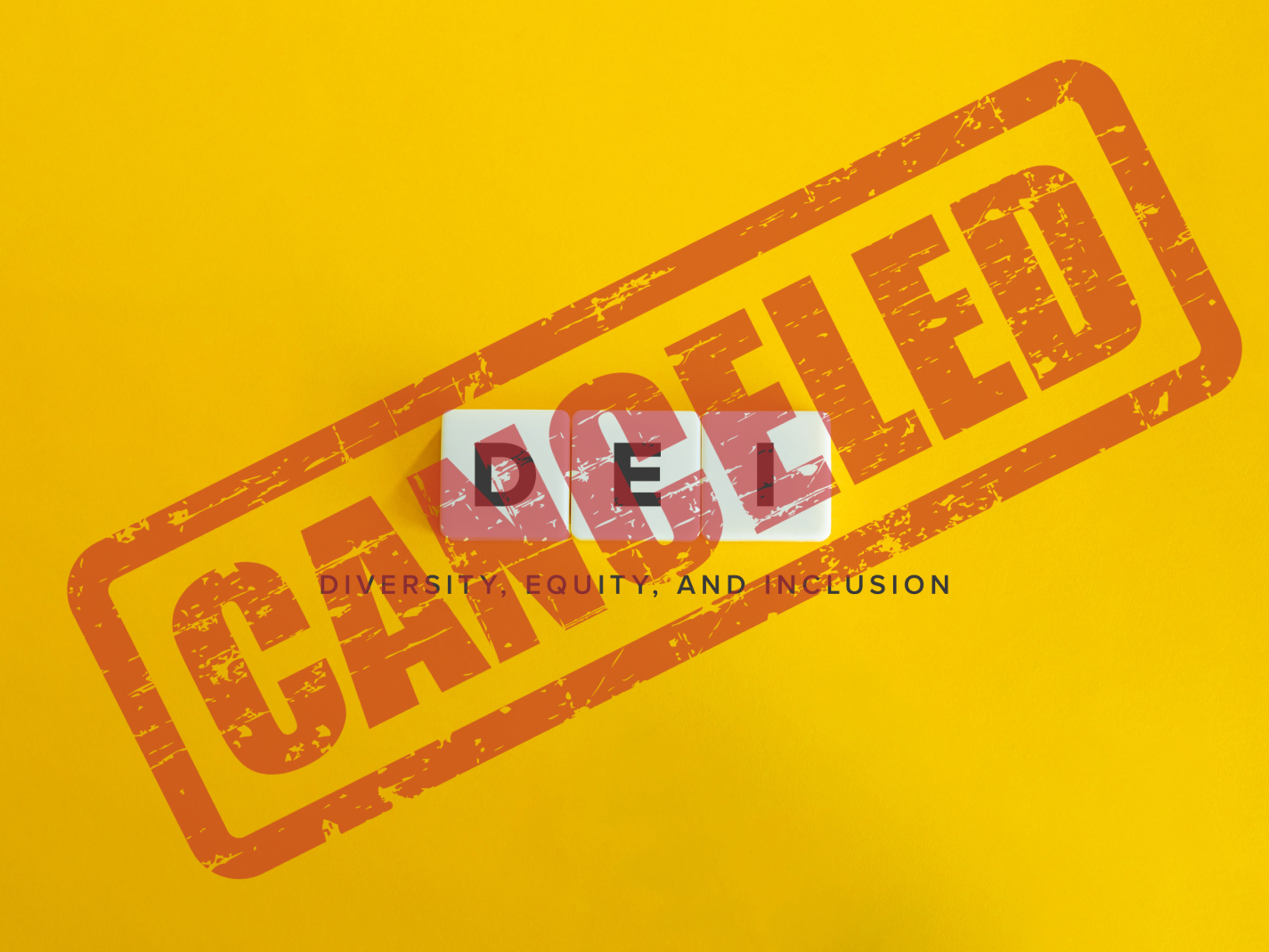
“If critics have a problem with the goal of diversity, they should say so,” writes law professor Stacy Hawkins in a vigorous counterattack against critics of “diversity, equity, and inclusion” (DEI) mandates. Well, here I am.
Hawkins notes that even some DEI critics acknowledge the value of racial and ethnic diversity. But they are wrong: diversity does not confer real benefits. While some reports claim that racially diverse companies perform well, they overlook a more likely reality: profitable companies can afford to stretch their advertising budget to hire less-than-ideal candidates to enhance their image. There are a handful of scientific studies that purport to show the virtues of diversity, but they are either inconclusive—hard to do experiments on this—or, in fact, show the opposite of what they claim.
Thoughtful critics who concede some virtue to diversity likely understand that racial and ethnic diversity adds nothing to performance. They know that science shows no special excellence for groups that are deliberately racially and ethnically diverse at the expense of individual merit.he more thoughtful among those who concede virtue to diversity probably know that racial and ethnic diversity adds nothing to the performance of any group whose job doesn’t deal with race or ethnicity. They know that no good science shows any special excellence for groups that are self-consciously racially and ethnically diverse at the expense of individual merit.
So, it is worth asking why: Why do leaders who know that racial and ethnic diversity is, at best, a distraction and always competes with merit selection, why do they nevertheless assent to the received view that “diversity is our strength” or its milder equivalent, “diversity is, well, a good thing?” Why does Joe Biden think it’s okay to boast of his racial preference in nominating a Supreme Court justice?
The obvious answer is that in an environment where white people are always suspected of racism and where even the most modestly situated must “acknowledge their privilege,” having a few minorities—but not Asians—on your team offers some protection. “I can’t be racist: look how diverse my team is!” In other words, it is no more than virtue signaling, it’s protective advertising—like oil companies proclaiming their environmental awareness or high-calorie food ads that show no fat people.
So, thanks, Prof. Hawkins; I hope your challenge is met with frank responses that honestly reject the idea that diversity is ipso facto good. It is not.
Photo by photoopus — Adobe Stock — Asset ID#: 489886902 & Edited by Jared Gould
Anto, how can diversity appointments be “not for the sake of it in spite of quality,” when many publicly advertised competitions for admissions, jobs, funding, and promotions are LIMITED to females, blacks, indigenous, and/or gay to the EXCLUSION of males, whites, Jews, and even Asians? Traditional values such as achievement, merit, and potential are denounced by advocates of diversity as dog whistles of white supremacism. Diversity is the negation of ability and merit.
It’s important to note that doesn’t seem diversity the problem, but the possibility or idea that some would sacrifice the quality of a candidate to compulsively fill a quota. Suspected of racism for being white, that has nothing to do with diversity, it’s important to have a realistic extent of the frequency with which this happens. For most this probably has nothing to do with progressivism.
I’m a bit concerned some people who would agree with these article might perceive it’s implying there are not enough minority candidates, of course except asians. We are aware that underrepresentation of minorities is a social problem not always related to direct discrimination but very complex, despite their ultimate origin is the racism and generational wealth. Quotas would not solve such systemic socio economic issue, they should just prevent a possible bias towards the selection in par merit appliants, not for the sake of it in spite of quality.